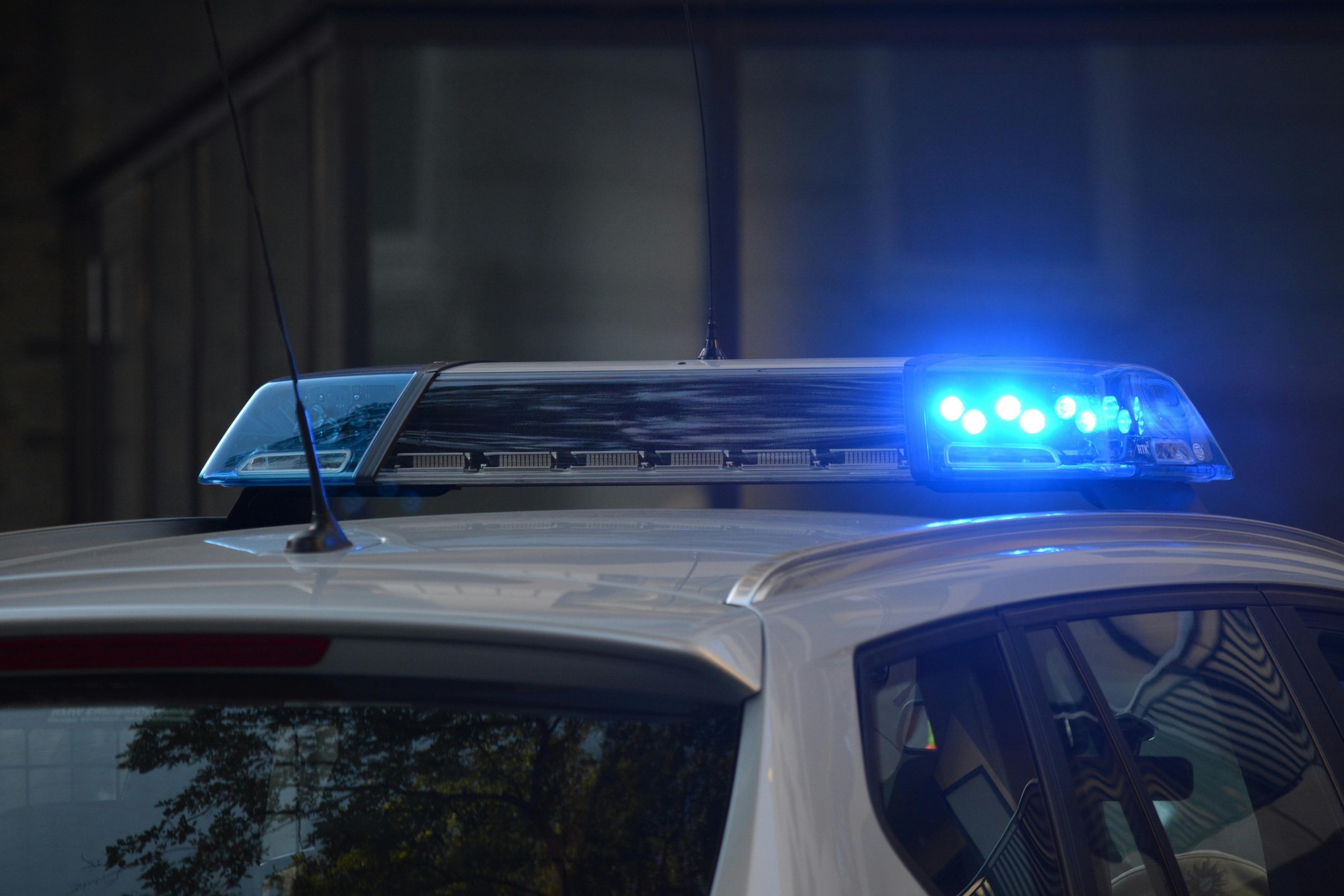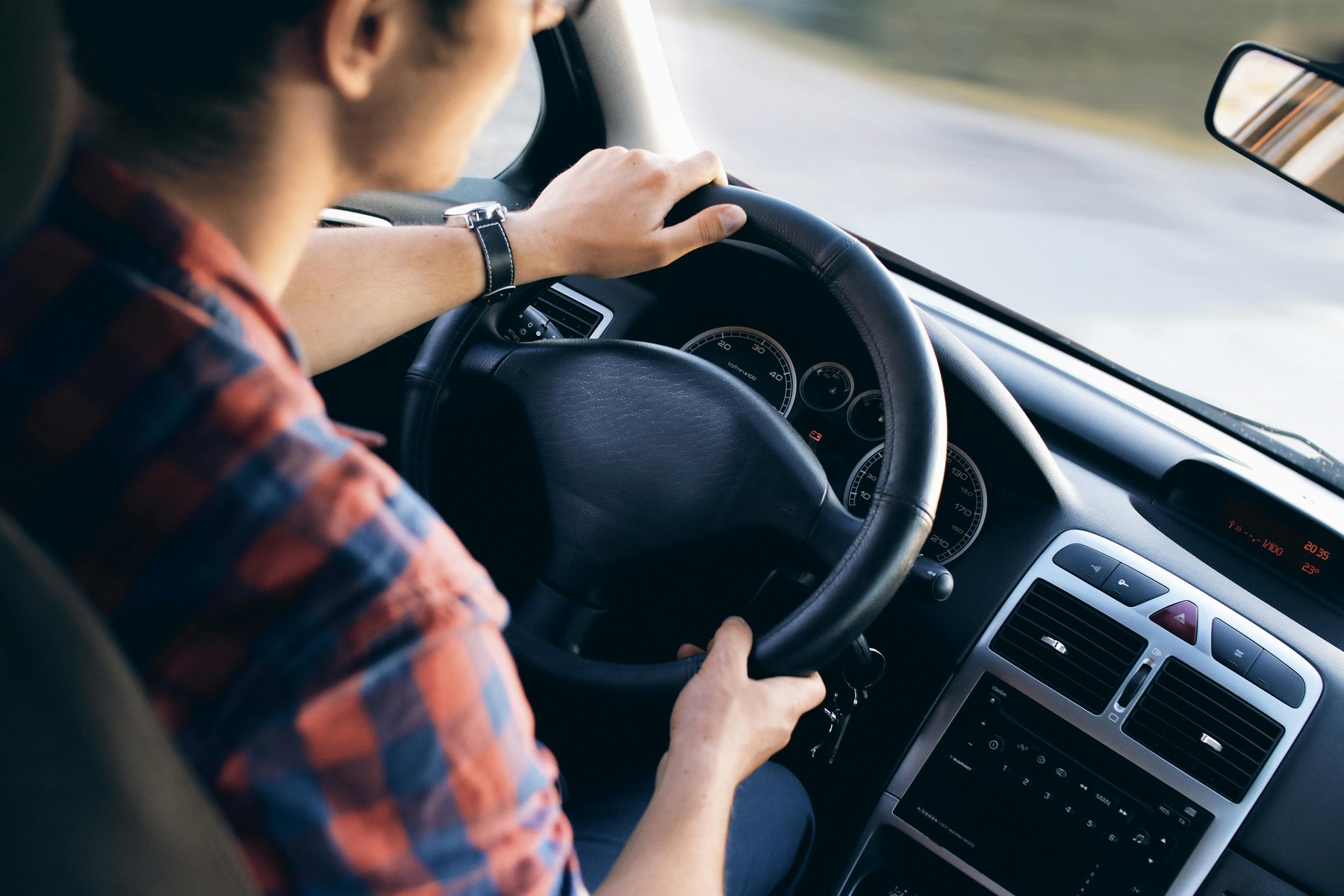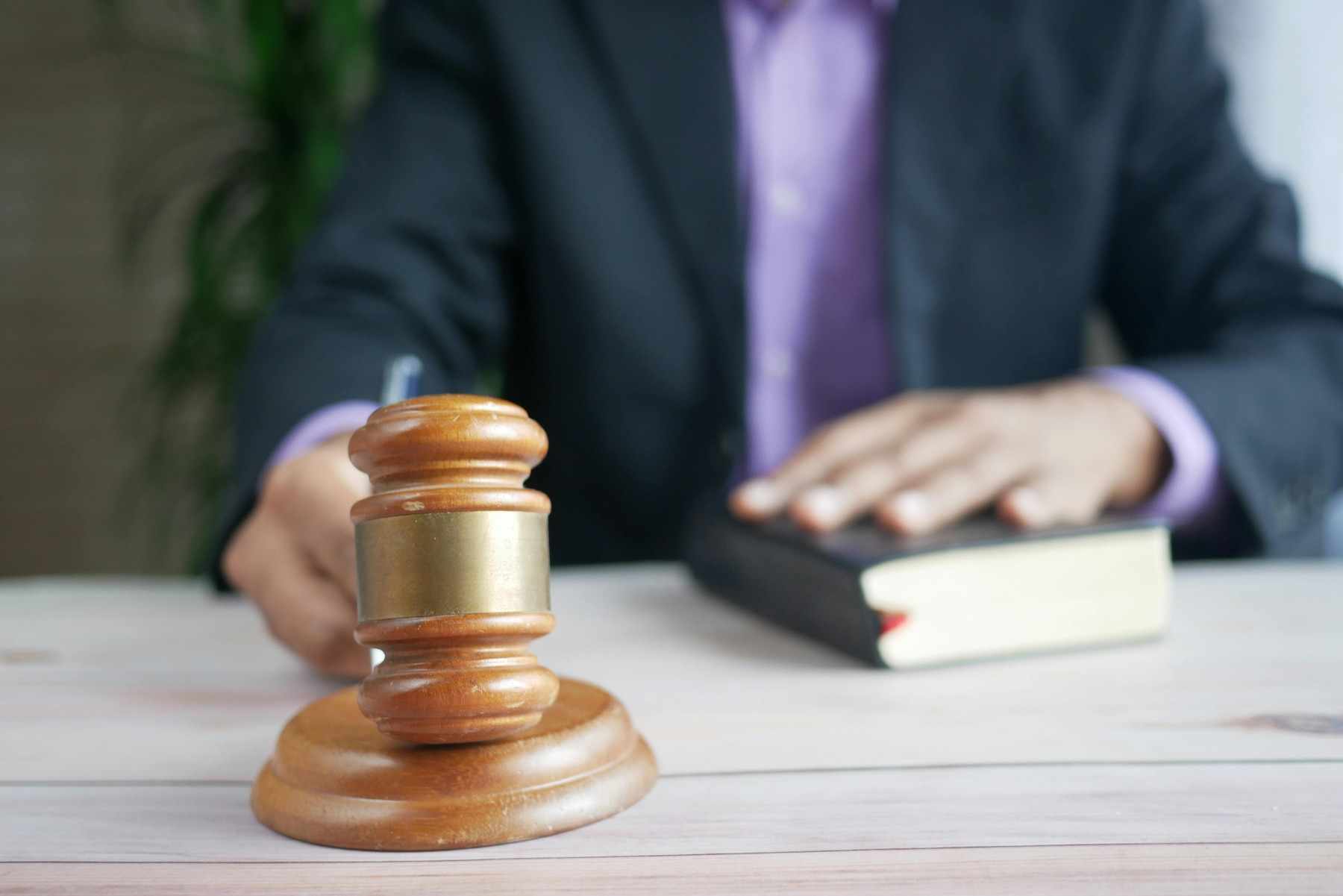Determining who was at fault in an accident and just how much of a role they played in it is one of the key determinants of the payout. While it is usually a straightforward determination in many cases, it can be quite complicated in others. So, who is liable in a California rideshare accident? Keep reading to find out.
In California, liability in a rideshare accident often involves determining responsibility among various parties. You might be surprised to learn that both the rideshare driver and the company may have different roles based on the situation at the time of the accident. Understanding these elements can help you navigate potential compensation claims.

When it comes to California rideshare accidents, understanding the role of independent contractors is key. Rideshare drivers typically operate as independent contractors rather than employees. This classification affects liability and insurance coverage during accidents.
Rideshare companies such as Uber and Lyft advocate for this model because it limits their legal responsibilities. As independent contractors, drivers are responsible for their own taxes and benefits, providing more flexibility for both parties involved.
Insurance coverage is structured around specific periods. These periods determine liability and protection levels. For example:
- Period 0: App off, personal usage. Insurance coverage is contingent on the driver’s personal policy.
- Period 1: App on, no passenger. Uber and Lyft provide $50,000 per person for bodily injury, $100,000 per accident, and $25,000 for property damage, and only if the driver’s personal insurance does not apply or is exhausted.
- Period 2: App on, en route to pick up a passenger. $1,000,000 in total coverage.
- Period 3: Throughout the entire trip. $1,000,000 in total coverage.
Each period affects which insurance coverage applies.
When you’re involved in a rideshare accident, liability can depend on whether the driver was actively using the rideshare platform. If the driver was waiting for a ride or transporting a passenger, the company’s insurance likely covers the damages. This insurance can provide up to $1,000,000 in liability coverage.
Drivers may be classified as independent contractors. This classification impacts who is responsible for compensating victims. In cases where a driver is considered at fault, their personal insurance might be the first to be tapped. However, many personal policies do not cover commercial activities, making it necessary for the rideshare company’s insurance to step in.
How Negligence Affects Fault
Negligence is a key factor in determining fault in a California rideshare accident. When a driver fails to exercise reasonable care, they may be deemed negligent. Reasonable care involves actions that a prudent person would take under similar circumstances. To establish negligence, four elements are typically considered:
- Duty of Care: The rideshare driver owed a legal duty to others on the road.
- Breach of Duty: The driver breached that duty by acting carelessly.
- Causation: The breach directly caused the accident and injuries.
- Damages: Demonstrable harm resulted from the accident.

In a rideshare context, establishing fault involves examining the driver’s actions at the time. Were they distracted by their app or driving recklessly? These actions may impact how negligence is assessed. The degree of negligence may affect the amount of compensation you can claim.
California follows a pure comparative negligence system. This means that if you are partially at fault for the accident, your compensation will be reduced by the percentage of your fault. For example, if you are found to be 20% at fault for the accident, your recovery will be reduced by 20%.
Insurance Coverage and Claims Process
Going through the hurdles of the insurance landscape after an Uber rideshare accident can be complex. It’s vital to understand the interplay between personal and commercial insurance policies, how to file a claim, and be aware of common limitations. This is where a car accident attorney can make things a lot smoother for you.
Rideshare drivers typically have a combination of personal auto insurance and commercial insurance provided by the rideshare company. When the app is off, only personal insurance applies. Once the app is on, the rideshare company provides contingent liability coverage.
Liability coverage increases significantly from the moment a driver accepts a ride request and starts transporting a passenger. Minimum liability requirements must be met to make sure all parties involved are adequately protected. Companies like Uber and Lyft often offer policies with higher coverage limits during active trips.
Filing an Accident Claim
If you’re involved in a rideshare accident, understanding the claims process can streamline your recovery. First, gather necessary information at the scene, including the other driver’s details, witness information, and any photos.
Next, notify both your personal insurance and the rideshare company’s insurance. Depending on when the accident occurred, different coverage might apply. It’s important to detail how the accident happened and provide documentation promptly to support your claim.
Insurance Limitations and Exclusions
Every insurance policy comes with specific limitations and exclusions that can impact your claim. For instance, if the rideshare app was off, only personal insurance usually applies, which may have lower liability limits and some exclusions regarding rideshare activities.
Certain damages may not be covered under rideshare policies, so it’s important to know beforehand. Review your insurance terms to understand these nuances and consult legal counsel if needed. Staying informed about these factors guarantees you receive fair compensation.

Related Questions
The responsibility for damages in a rideshare accident may depend on the circumstances. If the driver is offline or the app is off, their personal insurance applies. When the driver is active on the app without a passenger, the rideshare company provides limited liability coverage. During a trip, their insurance covers both driver and passenger.
Yes, you can file a lawsuit against a rideshare company like Uber or Lyft. However, it’s not always straightforward. If the driver was negligent during an active trip, you might hold the company accountable, particularly if their insurance doesn’t fully cover the damages. Consulting with a lawyer is advised to assess the strength and outcome of your case.
Insurance coverage in a rideshare accident varies based on the driver’s status on the app. If a driver is in the middle of a ride or has accepted a passenger, the company’s comprehensive insurance is in effect. When app activity is involved, rideshare companies offer insurance to cover significant amounts for injuries or property damage.
Conclusion
Going through the complexities of rideshare accident liability in California can be challenging. Various factors, such as the driver’s status and the specifics of the incident, influence who is held accountable. Ultimately, seeking guidance from an accident attorney and staying informed about these legal nuances can empower you to make the best decisions and protect yourself effectively after a rideshare accident.

